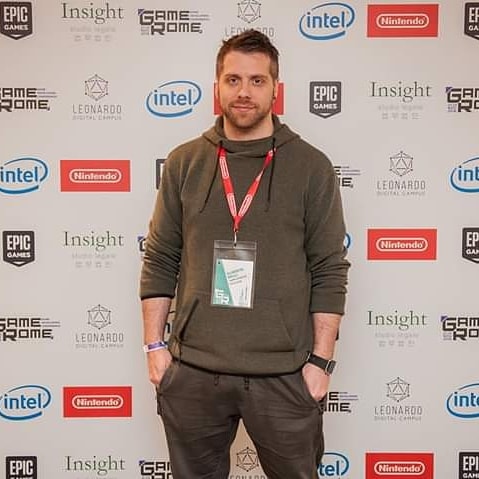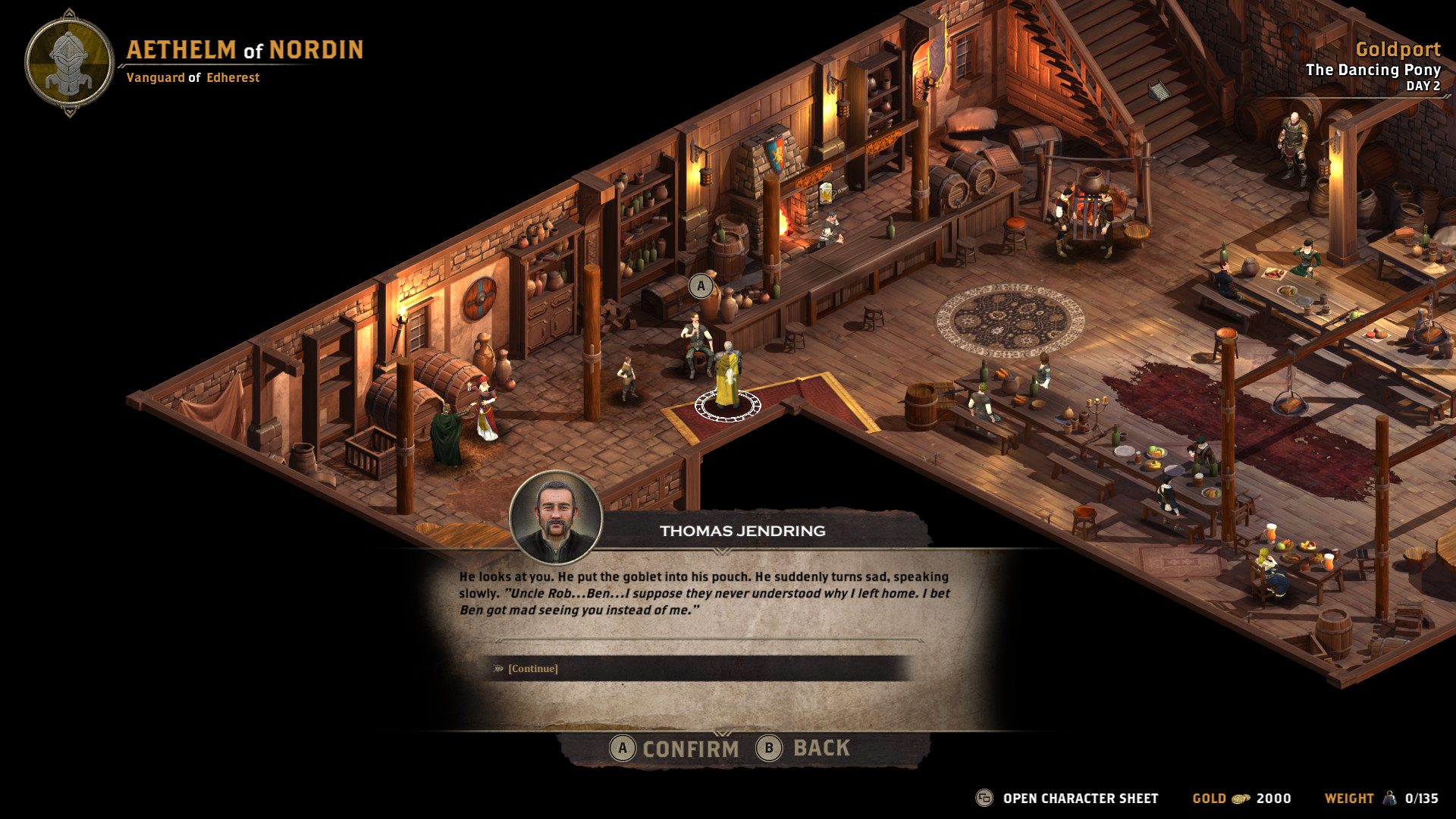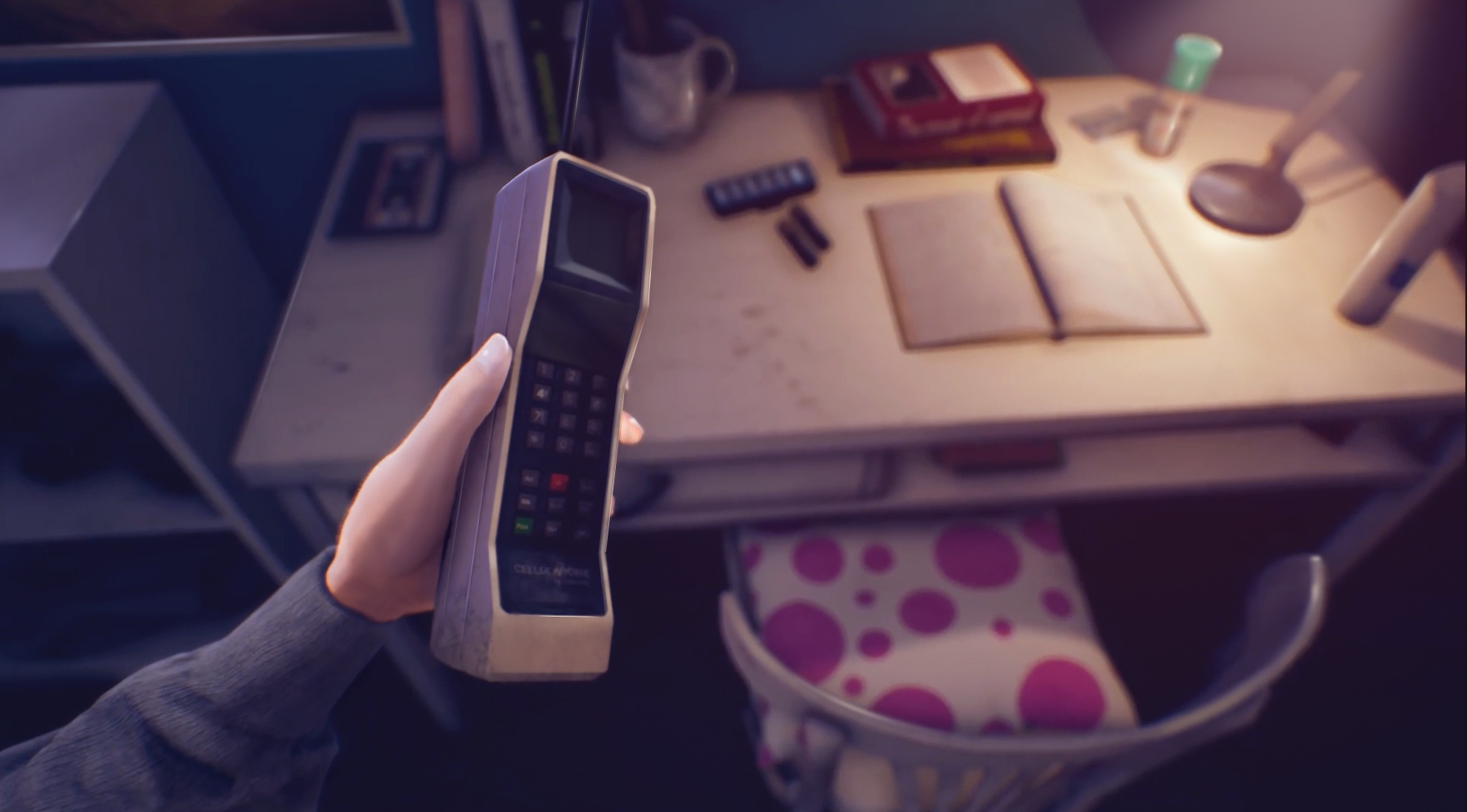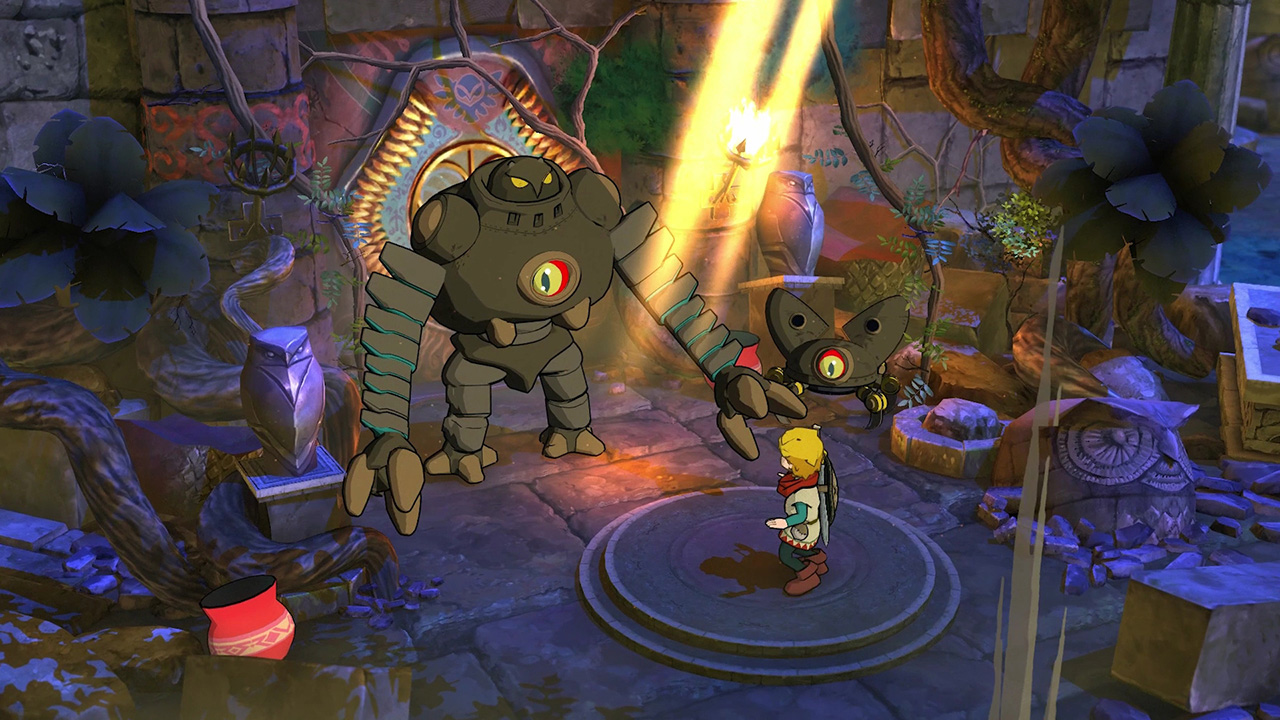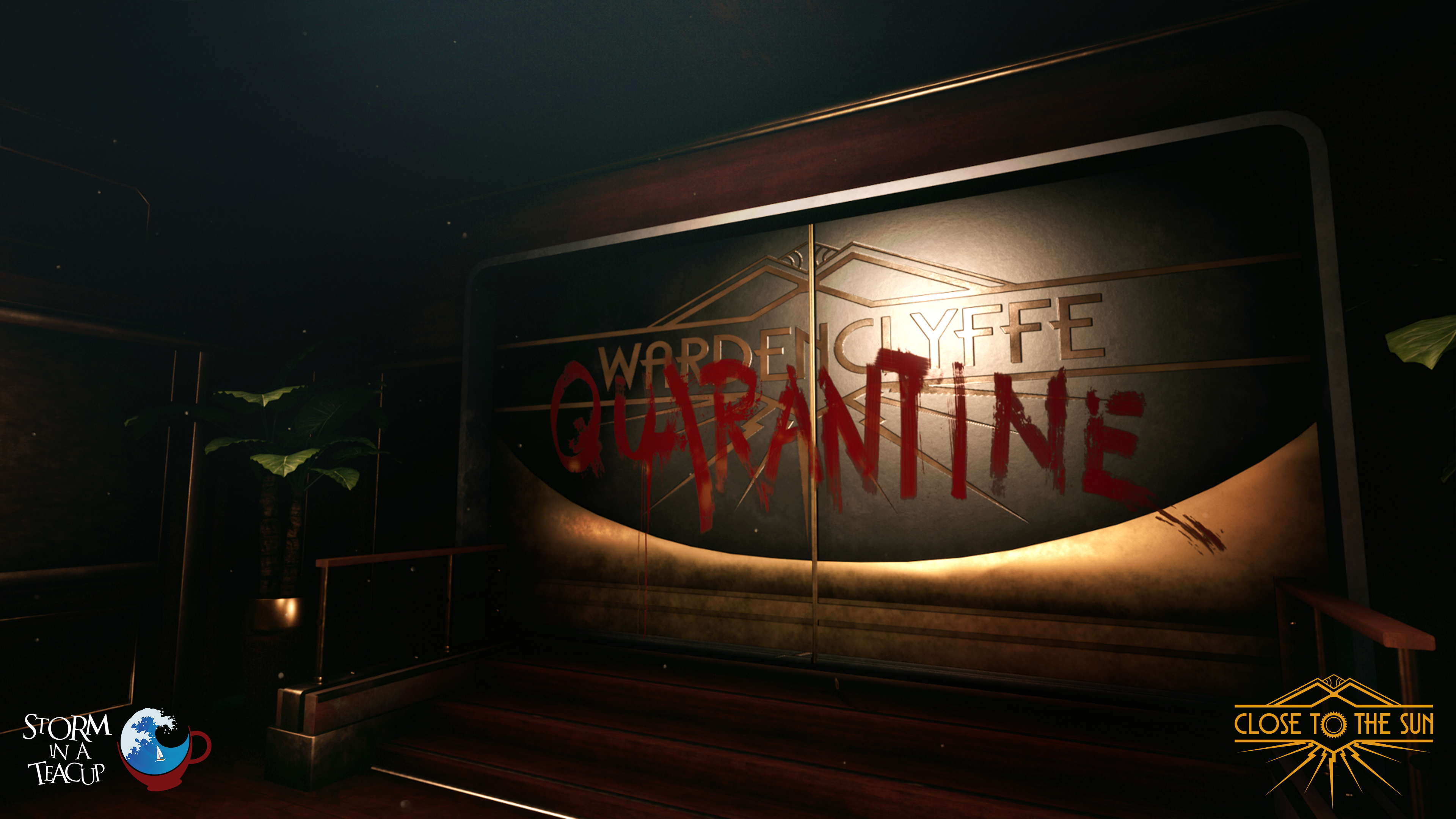Alberto Belli on Italian gamedev scene: “Evolution always arrives just before extinction”
Italy is a great market for games. It’s worth €1.7 billion, which means that people buy and play games. However, revenues from Italian developers account for just around €50 million, and almost everything comes from a handful of key studios.
So what’s it like to make games in Italy?
Who better to answer that question than an Italian industry veteran with around 20 years’ experience as a journalist, publisher, distributor, developer, customer and passionate player? We caught up with Alberto Belli, Founder & CEO at Gamera Interactive, to talk about the Italian game development scene.
Alberto Belli, journalist, developer, publisher, gamedev philanthropist
Oleg Nesterenko, managing editor at GWO: Hi Alberto, could you please tell us about yourself?
I’ve been in the industry since 2001.
I started as a journalist with Play Press Publishing and then was Editor in Chief of Xbox Magazine, Deputy Editor of PlayStation Official Magazine and Game Republic over the years.
I moved on to video game publishing in 2006 when I joined Leader, acting as in-house PR Manager for many big publishers without an office here in the country, such as Bethesda, Eidos and Midway. We worked for them as the Italian branch office and not only as the local distribution arm. We played an active part in the planning phase and had the chance to work on many different brands such as Mortal Kombat, Fallout, Kane & Lynch, Age of Conan, Stranglehold, Unreal Tournament and many more. I launched 250+ games for 20+ publishers on the Italian market in 3 years.
I then worked as Head of PR & Business Development for Black Bean Games, the internal publishing label behind Milestone.
In 2010, I moved back to journalism bringing the Eurogamer brand here and launching Eurogamer.it as Shareholder and Publishing Director.
That same year, I joined a small mobile firm named Forge 11. I built the whole plan for the studio, and 6 months later we were bought by the Reply group. And that’s how Forge Reply was created, which is the second largest studio in Italy today. I had been there for 3 years and brought the Lone Wolf license to the studio before leaving.
After that, I co-founded Storm in a Teacup, an indie studio based in Rome, my hometown, which was one of the first indie studios in the world working on exclusive basis with Microsoft on Xbox One. We were the only ID@Xbox studio presenting its game at E3 2014 at Microsoft Booth.
Anyway, at some point I decided to sell my shares, and in 2016, I started Gamera Interactive.
Alaloth – Champions of The Four Kingdoms (Gamera Interactive)
So what’s it like to be an indie studio in Italy?
The community is growing rapidly but it’s very fragmented for many different reasons.
For one, a few big publishers which had a branch office here, such as Activision and EA, have left recently. They were really connected with the retail business, which had always been great here because of the poor Internet connections. But last year, it started to change with digital distribution becoming the standard.
Anyway, when big publisher left, it was a huge blow to the whole ecosystem.
The biggest problem for developers, though, is that it’s very difficult to find the right direction for newcomers and it’s very easy to get misinformed about the best practices, especially on the business side of things.
Of course it is way better than a few years ago and there are a few interesting hubs built around Facebook or Discord communities where you can find real professionals giving real advice about the real world.
That said, running a studio in Italy is a pain. To be fair, running any other business in Italy is a pain.
Why is it easy to get misinformed?
We have a few organizations which are theoretically taking care of a number of the industry topics. There are pretending to be “the official voice” of the industry, but the truth is they are just the ones with a voice.
None of them is able to provide any help for indie devs. And giving a €2k discount on a shared booth at international game conventions or that kind of thing will not change the situation here. If a couple of teenagers want to attend GamesCom, someone with experience should say, “You are not ready, do this this and this before.” Instead, the message is usually something like “You are going to succeed with passion.” Like passion will pay your rent. But young devs buy into that sort of talk.
The problem is that developers are the only ones who really know about game development and its needs. Devs should gather. As it had always happened in other countries with flourishing indie communities.
We are still waiting to get tax credits and tax breaks, restarting discussions every time a new government arrives. I wrote about “the year of the Italian gaming industry” back in 2001 when I used to work as a journalist. In 2020, we are still waiting for change.
Assetto Corsa (Kunos Simulazioni)
Politicians are not helping?
It’s as I said. No tax credit, no tax breaks, no funds. There are a few tools available to get funds but it’s something we can’t rely on. Sometimes, pursuing these funding opportunities is way too complex, and you can easily get absorbed in handling all of this for just a few bucks instead of focusing on your job. So it’s almost not worth it.
There are “investors” of course interested in games, but investors in Italy are people with personal savings or small ventures who do not understand brands, positioning or any other PR-related activities.
Anyway, people that have always worked in that industry will continue to do so, typically investing their own money or getting private funds. I would be nice, though, to have extra resources one day to rely on. Like in any country in Europe or in the US.
This lack of recognition from the state — does it have to do with a strong cultural prejudice against video games? Like there’s Vatican, there’s Fellini, and then there are video games?
A few weeks ago, I personally spent my time arguing with Carlo Calenda, our former Minister of Economic Development. Mr. Calenda tweeted something like “videogames are one of the primary causes of illiteracy and i’m not going to let my sons play video games at home.” This probably explains the weird situation we are in.
Former Italian minister of Economy, an entrepreneur himself and self-branded expert in industrial innovation, attacks video games as a cause of illiteracy, irrationality and… inability to play games (?). This is the abysmal level of public debate in Italy about digital games. https://t.co/EvZQMSOxWb
— Mauro Vanetti (@maurovanetti) November 3, 2018
We have Angela Merkel opening GamesCom and saying that games will help drive the German economy. We have the Polish prime minister giving Obama a copy of the Witcher 2 in 2011 and, later, Poland’s postal service releasing a stamp featuring Geralt of Rivia. We have countries in the East creating gamedev funds with hundreds of millions.
And then we have Italian politicians. Some time ago, a Ubisoft Montreal Executive visited our country, discussing the growth of Ubisoft Montreal in Quebec in comparison with the growth of Ubisoft Milan, which was founded the same year, 1998: 3300 people working in Montreal vs around 80 in Milan. So, definitely, yes: there’s Vatican, Fellini, hundreds of other things, and then there are video games. Cultural prejudice is real. And it is strictly connected with the perception people have of our work here.
The Suicide of Rachel Foster (ONE-O-ONE GAMES)
Anything the community can do to challenge the existing lack of support from the government?
Honestly? Nope. What we can do as developers running a business is just make games bringing money in. The more money, the better chance to get support. But it’s a weird loop because if you want to raise the bar and make real money, at some point, you need this support from the beginning. The good thing is our numbers are constantly growing. But still, devs can’t rely on any actual support from the government. Getting a discount when attending a convention is not the support a studio needs to go on with the development.
Four years ago, when you founded Gamera, you said that devs in Italy were more concerned with creativity than with business culture. Has it changed since?
It is slowly changing, yes. Many indie devs are finally realizing that making a game is probably the easiest part of the job, that serious efforts have to be put in what comes before and after the game itself. Over the years, the number of studios releasing on all platforms has grown, so a lot of devs have faced the harsh reality of the industry, and now they are starting to share their experiences with others. So we are finally in a place where many new devs can fully appreciate all the business risks of going indie. And those of us with experience can help.
There must be events for developers to do just that?
We don’t have too much going on here in that respect, just a few events pretending to be “the official event” of the industry or “the first one” and such. It is, sadly, a very “Italian way” of doing things, with people fighting each other instead of gathering to create something cool together, for everyone.
When something good is pitched around, the rush is usually about on to prevent things from happening instead of helping. We have a lot of friends around the EU in the business, and what’s reassuring is that apparently other countries have followed the same path: at some point, devs gathered and created their own event or platform, without any political/economic backing.
That’s why we are organizing our own things here among devs, as devs. Such as DStars.
We are also working on something useful for the community, following the example of the industry in Quebec. Our friend Pat Désilets and other amazing professionals founded La Guilde there. They have been so inspiring for us and so amazing in explaining us how they sorted everything out, organizing everything while dealing with “the rules” to make everyone benefit from uniting. We have been working on something like this for a while to help each other and help new devs (especially in doing business). We would be working on it right, but coronavirus had different plans. But it’s fine, we’ll be back on this asap. Italy’s own La Gilda is on its way.
Baldo (Naps Team), coming to Nintendo Switch Summer 2020
Could you tell us about DStars and who’s behind it?
DStars is an an award, created by the developers community for the developers community, to celebrate Italian games industry professionals. Video game professionals from around the world participated in the survey, each of them casting one vote in various categories like Best New Studio or Design.
I’m proud to say that the idea came from me. It happened in 2018 when I started chatting with a few fellow devs about the things we’ve just discussed.
We were talking about creating something to help generate the buzz around Italian studios, games and individual professionals. This is happening everywhere else in the world except in Italy.
So we started a survey with the idea to involve as many people as possible. The formula was very simple: no jury voting, just devs voting each for other. The thing turned into something big, and in a few days we had more than 100 professionals from all around the world involved. So we decided to give it a structure and tried to involve someone to handle all of this as an impartial entity. That’s how Andrea Rizzi from Insight Legal jumped in. Andrea is a former Activision and 2K lawyer that is back in Italy willing to help the development scene. He set up rules for the event and took care of the legal aspects, of course.
The feedback was very good, with a lot of people asking for a live event to meet and chill together, so we helped, as Gamera, to set up DStars Live in Padua where our HQ is. After that, the decision was made to keep the same formula (online survey + informal live event) for years to come, and DStars is here to stay with super cool partners getting on board.
DStars physical awards from last year
I’m happy that DStars is already getting international recognition just after two runs. There are a lot of cool things planned for the future, and I’m excited about this interview as it will hopefully help raise awareness about the local industry, games, studios and professionals.
DStars aside, could you name Italian studios that, in your opinion, deserve a special mention?
Milestone has always been a star studio here. Since I left in 2009, it has doubled in size. It currently employs around 200 people and releases games on all platforms every year. Their titles are built around official MotoGP, SuperCross, MotoCross licenses. Milestone was bought by THQ through Koch Media in 2019 in a €55m deal. This is something that could be life-changing for everyone: a huge overseas holding buying Italian assets and know-how in the gaming world.
It had happened before when 505 bought 100% of the shares from Kunos Simulazioni, which is one of my favourite studios. Humble people working hard for years, delivering a product that sells millions of copies: Assetto Corsa. They are competing with big names around the world but with probably just 1/10 of the resources under their belts. This is epic.
Recently Nacon invested in RaceWard Studio, a brand new team that former Milestone employees with previous experience as indie put together.
And then we have 34BigThings with Redout, another racing game that is also a sci-fi space shooter. They signed with Apple as an Apple Arcade exclusive.
Along with these, there a few midsized studios that brought home nice deals recently, slowly growing and expanding the business with very smart production-focused roadmaps and even different genres. Stormind Games, Studio Evil, BadSeed, 3D Clouds, One-O-One, Storm in a Teacup or Naps Team, a two-men studio that has been in the business for 27 years and recently signed Baldo as a Nintendo Switch exclusive for the summer.
Italian devs
I absolutely have to ask. Was the Italian dev community prepared to handle the coronavirus outbreak?
One of the cool things about our industry is that, given the right set-up, you could be able to run your development remotely. Many friends of ours have instantly changed the whole flow without any problem.
But it really depends on a specific situation or stage of development. If you are close to a release or you’ve just started, it’s probably easier to handle all of this. For us as Gamera Interactive, the lockdown is actually a huge problem and it’s going to be a problem for a while longer.
We signed a publishing deal in December and we worked until mid-February to set up a pipeline, which included many new hirings that joined us between Feb 17th and the first week of March. All these people needed some time to study the project and join the pipeline effectively, and they didn’t have the chance to do so. A couple of coders were stuck with relocation, suddenly unable to reach the office. So the lockdown happened precisely when we needed to meet with all the guys together, many times a day. Now it’s just impossible to do even online, because in Italy we are having huge connection problems, with the whole country streaming movies on Netflix or playing Fortnite. We had a 100/30 connection which is already not the best compared to the average in other countries, and now it has turned into an 8/3.
Imagine running a call with 10 people in these conditions or downloading/uploading a 50GB build if needed. Moreover, we have a burn rate which is x3 for a month now because we have rented a new office that we are not using and signed people that are not able to work at all.
Close to the Sun (Storm in a Teacup)
Trying to revert everything, but it’s a very hard moment for us. We have deadlines coming on Alaloth, and we planned a multitude of events throughout the year to promote and showcase the game, and this is not happening anymore. I hope other devs are in a better situation.
Anyway, 2020 will be a pivotal point for the industry, considering that it’s nearly impossible to predict when all of this is going to end. Evolution always arrives just before extinction. And the industry is going to have to evolve even if it means sacrificing someone in the transition. It will probably be the final blow to any retail activity, and at the same time, it could be an incredible opportunity for (any) digital business. In Italy for example, the coronavirus outbreak probably has done more for the digital evolution than any government in the last 25 years.
That sounds morbidly hopeful somehow. I hope after this interview, more people will learn about DStars and the Italian gamedev in general. Stay safe and thank you for your time.
